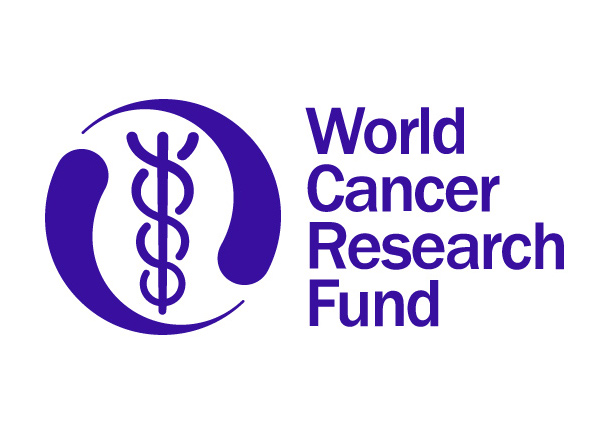The rising incidence rates of colorectal cancer in young adults remain unexplained. In our World Cancer Research Fund-funded project we will investigate the role of diet and nutritional factors in relation to colorectal cancer development in young adults by pooling together data from over 25 worldwide cohort studies. – Dr Mazda Jenab
Grant title
Identifying the risk factors underlying the rising rates of colorectal cancer in younger adults: a multi-cohort analyses of more than 3 million men and women
Background
The occurrence of colorectal cancer in young adults (early-onset colorectal cancer, diagnosed before age 50 years) has risen in many high-income countries. The reasons for this increase are unknown but may be explained by possible risk factors including obesity, diabetes, physical inactivity and unhealthy dietary patterns. Early-onset colorectal cancer is relatively rare (~5-10% of all colorectal cancer cases) and most studies typically include participants beginning in middle age, defined as 50–<65 years. As a result, even relatively large studies have too few early-onset colorectal cancer cases to conduct high-quality investigations.
Aims and objectives
The objective of our study is to examine the associations of overweight/obesity, diabetes, physical activity, sedentary behaviour, red and processed meat consumption, healthy and unhealthy dietary patterns, and alcohol consumption with early-onset colorectal cancer.
How it will be done
A total of 25 prospective studies from around the world, including more than 3 million participants and 2,600 early-onset colorectal cancer cases, will be combined. All studies collected information from participants on lifestyle and dietary habits at enrolment and were followed up over time, and new diagnoses of colorectal cancer were recorded. We will then examine how overweight/obesity, diabetes, physical activity, sedentary behaviour, red and processed meat consumption, dietary patterns and alcohol consumption are associated with the risk of developing early-onset colorectal cancer.
Potential impact
The proposed pooled analysis will be the largest and most comprehensive study to investigate how diet, nutrition and physical inactivity relate to the development of early-onset colorectal cancer. We expect to identify lifestyle-related risk factors associated with the disease in young adults. Such evidence informs on the possible causes of early-onset colorectal cancer, sheds new light on possible lifestyle behaviours that can be intervened upon, and could be used by doctors to prioritise screening to younger adults at higher risk of developing the disease.
Grant publication
Genome-wide association study and Mendelian randomization analyses provide insights into the causes of early-onset colorectal cancer (Annals of Oncology, Feb 2024)



